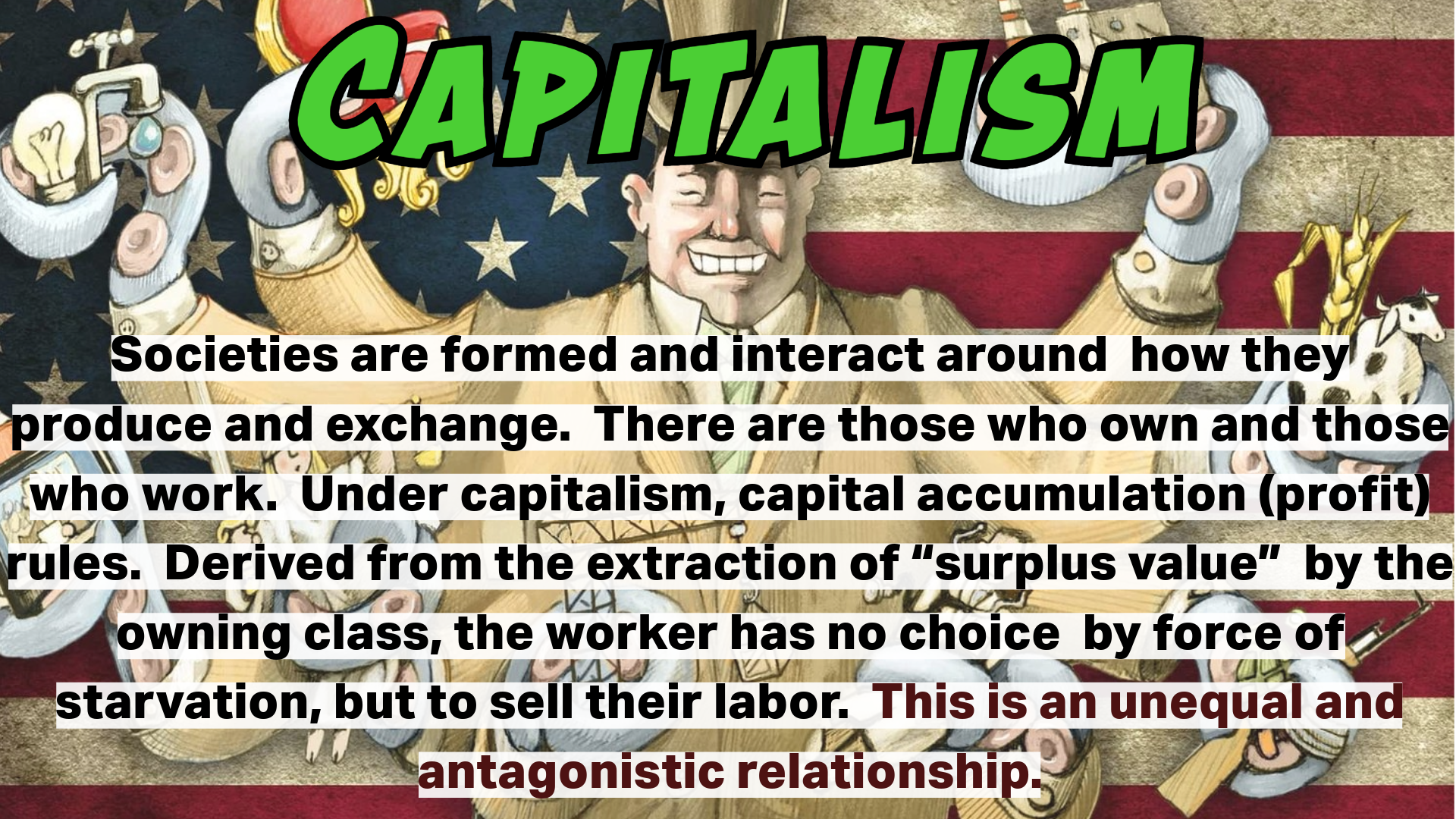The covid-19 pandemic has been a process of adaptation for communities across the country and the world. In the initial shock of the societal impact of Covid, rent freezes, food banks and financial support programs helped ease the transition into (and out of) quarantine but also gave many working class a break from the rat race. In absence of work Americans found life was still possible, many for the first time – creativity and collaboration thrived. Benefits allowed workers to side step the perilous decision of food or rent, students who regularly depended only on school lunches were given provisions, neglected and impoverished elderly were able to afford to restore health from malnourishment.
The extent of the impact of these concessions are most evident in the aftermath. Now that states are ending SNAP benefits, citizens are thrown back to work and back to risk. Inflation, restarting rent collections, restricting benefit qualifications and prohibiting work from home are all tactics to create scarcity and subdue the lives of workers into oppressive production and consumption – the all too familiar cycle of working too much for too little. Any interruption in that cycle, as Covid caused, is what capitalists have always feared.
When people are not strangled by the means of their own existence, they have strength.
When people are fed and housed, they imagine and communicate.
When people have free time, they have time to be revolutionary.
Originally published in:


